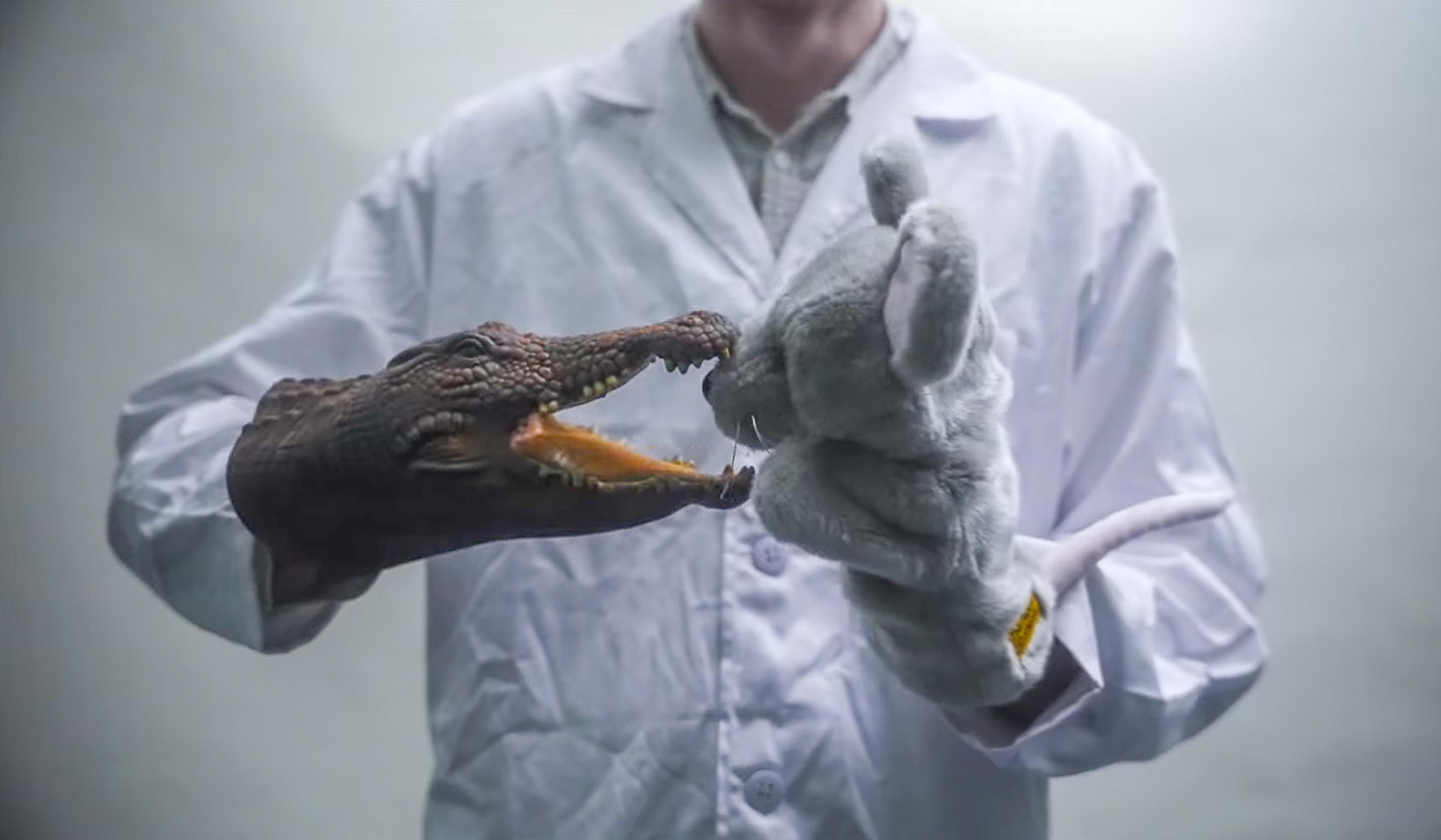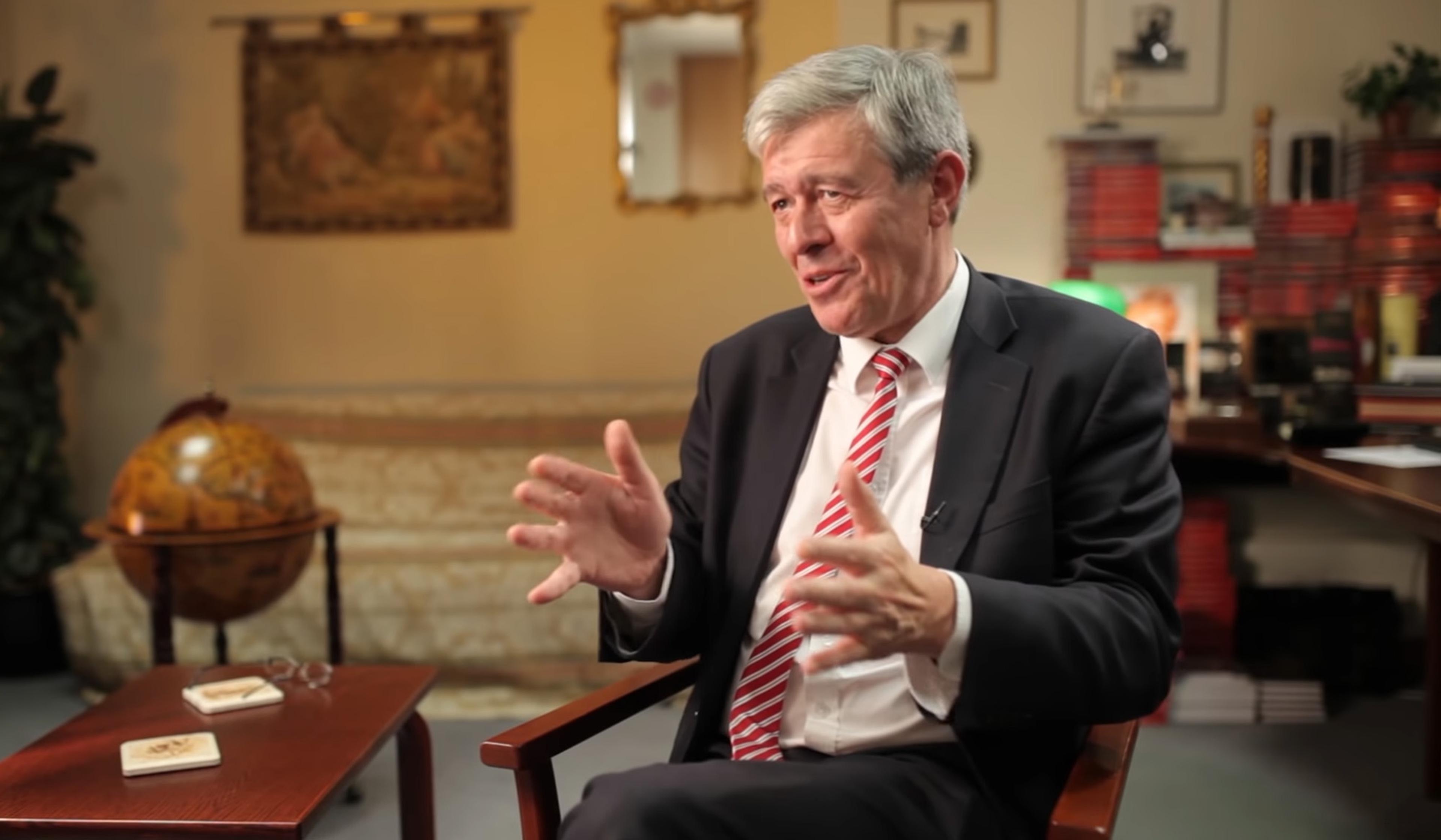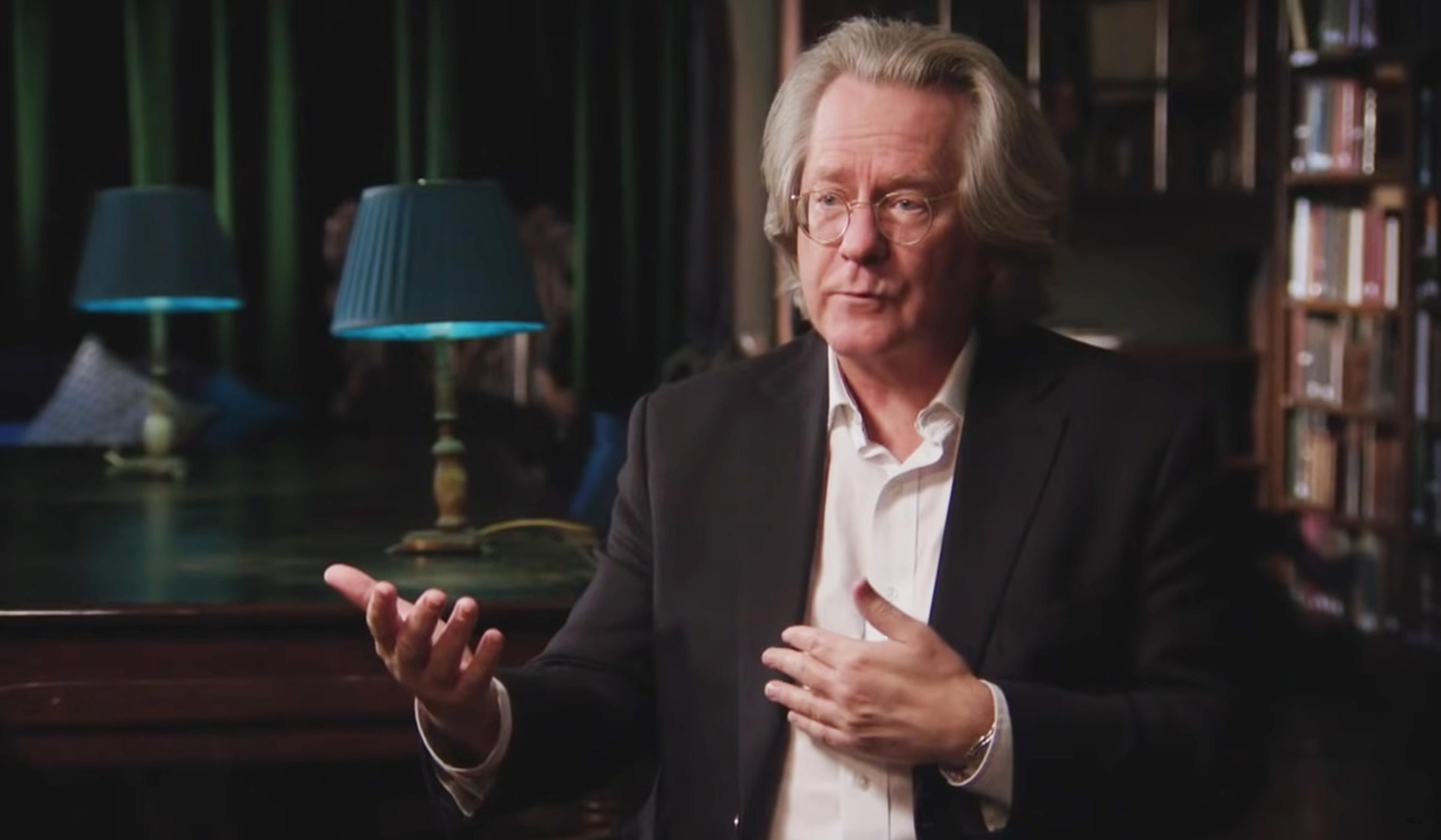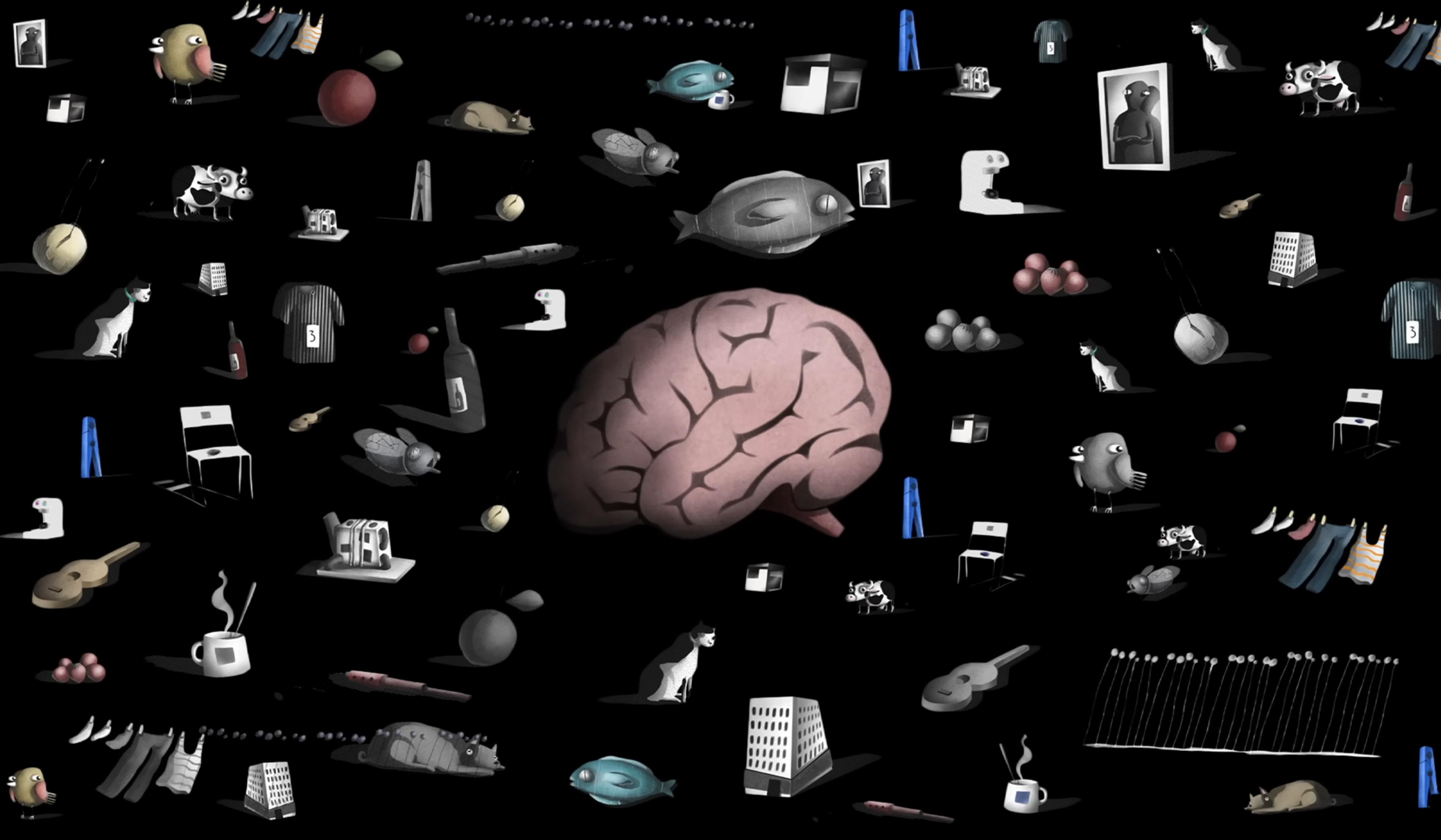For centuries, philosophers – and more recently, science-fiction writers – have been concocting riffs and variations on a particular thought experiment: if every bit of your body could be perfectly scanned and replicated, in what ways would the replica still be ‘you’? In this interview from the PBS series Closer to Truth, Andy Clark, a professor of philosophy at the University of Edinburgh, dissects a version of this experiment posed by the US philosopher Daniel Dennett, in which a body is scanned, destroyed, and replicated in a distant place. While science hasn’t yet brought us close to putting Dennett’s conundrum to the test, we can still grapple with the intriguing and perhaps troubling metaphysical questions it raises, questions that might become even more material as we careen further into the information age, including: would ‘you’ be dead, or would your sense of self perpetuate in the copy? And, if you were recreated several times, where exactly might you expect to find your embodied sense of self?
Your body is scanned, destroyed, then reproduced. Do ‘you’ live on the copy?
Video by Closer to Truth

videoDeath
Even in modern secular societies, belief in an afterlife persists. Why?
9 minutes

videoPhilosophy of mind
‘Minds have always been outside themselves’: Raymond Tallis on extended cognition
9 minutes

videoPhilosophy of mind
‘Am I not at least something?’ A surreal dive into Descartes’s Meditations
3 minutes

videoPhilosophy of mind
Embodied cognition seems intuitive, but philosophy can push it to some strange places
14 minutes

videoMeaning and the good life
Would immortality offer a curse of boredom or endless novelty?
6 minutes

videoMetaphysics
Is the question ‘Why is there something instead of nothing?’ even worth asking?
9 minutes

videoHistory of ideas
Socrates believed self-knowledge was essential. Today, we wonder if there’s even a self to know
2 minutes

videoNeuroscience
What will we do when neuroimaging allows us to reconstruct dreams and memories?
4 minutes

videoLogic and probability
Is it more likely you’re a person with a past, or an ephemeral brain in a void?
6 minutes